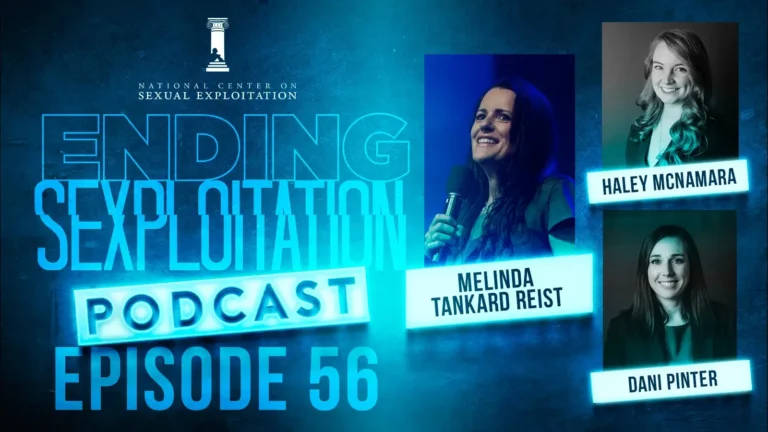By Cheryl Wetzstein
Wednesday, April 23, 2014
The Washington Times
Victims of child pornography should be awarded restitution from persons convicted of having or viewing their images — but the amount of payment has to fit the scale of the offense, a divided Supreme Court ruled Wednesday.
The 5-4 ruling was seen as taking the middle ground between conflicting lower court rulings, but fell short of hopes by anti-pornography activists to force viewers of such images to face major penalties.
District courts should set restitution orders that “would not be severe” but also not be “a token or nominal amount,” wrote Justice Anthony M. Kennedy, who was joined by Justices Ruth Bader Ginsburg, Stephen G. Breyer, Samuel A. Alito Jr. and Elena Kagan.
Chief Justice John G. Roberts Jr. dissented, saying the 1994 federal law as written allows no avenue for recovery for child-pornography victims. “We ought to say so, and give Congress a chance to fix it,” Justice Roberts wrote in his dissent, joined by Justices Antonin Scalia and Clarence Thomas.
Justice Sonia Sotomayor wrote her own dissent, saying the now-adult victim, called “Amy Unknown” in the court filings, should have received the full amount of her losses — estimated to be $3.4 million — from convicted child-pornography possessor Doyle R. Paroline as directed by the 5th Circuit Court of Appeals — even though only two images of “Amy” were found on Mr. Paroline’s computers.
The majority ruling overturned the 5th Circuit ruling and sent the case back to the lower court to reconsider the damage award.
Mr. Paroline, of Brownsboro, Texas, pleaded guilty to having some 300 child-pornography images on his home computer, including the two of Amy. After the 5th Circuit ordered him to pay all of Amy’s losses, he asked the high court to take his case. He was represented by a court-appointed lawyer, Stanley G. Schneider of Houston.
Mr. Schneider said Wednesday the high court “got it right.”
“There has to be a causal connection between the defendant’s conduct and any claim for restitution,” he said. “And there can’t be an aggregate causation — you have to look at the individual conduct of the defendant.”
Mr. Schneider added that he will continue to contest any restitution award against his client.
Patrick Trueman, president of Morality in Media, said there was something positive to be found in the court’s split decision, since it means that someone “with even one image” of child pornography can be liable to pay at least some restitution to the victim.
But Amy said she was “surprised and confused” by the court’s ruling. Anti-pornography activists argue it is too hard for victims like Amy to collect damages for images posted online if they have to go to every viewer to collect a piece of an overall damage award.
“I really don’t understand where this leaves me and other victims who now have to live with trying to get restitution probably for the rest of our lives,” Amy wrote on the website of James R. Marsh, one of her attorneys.
“The Supreme Court said we should keep going back to the district courts over and over again, but that’s what I have been doing for almost six years now,” she wrote. “It’s crazy that people keep committing this crime year after year and now victims like me have to keep reliving it year after year. I’m not sure how this decision helps anyone to really know if, when, and how restitution will ever be paid to kids and other victims of this endless crime.”
Sen. Orrin Hatch, Utah Republican and one of the authors of the restitution law in the 1994 Violence Against Women Act, said Wednesday that he and other lawmakers still believe that the law “rightly entitles victims of child pornography to seek full restitution from each predator.”
“This decision sends the issue back to Congress, and we should explore ways to give victims the restitution they deserve,” Mr. Hatch said.
The Department of Justice, whose views were largely endorsed in the majority ruling, did not immediately comment on the decision.
Amy, now 24, was sexually assaulted by her uncle when she was around 9 years old. He put the images of her rape online, and pedophiles have shared them worldwide. She has sought restitution in several cases of men convicted of child-pornography offenses involving her images, but while some courts have awarded her significant damages, other courts awarded her nothing.
Mr. Trueman said Wednesday the Paroline ruling would be discussed in depth in May at a national conference to end sexual exploitation — the first in 27 years — that will be held in Northern Virginia.



